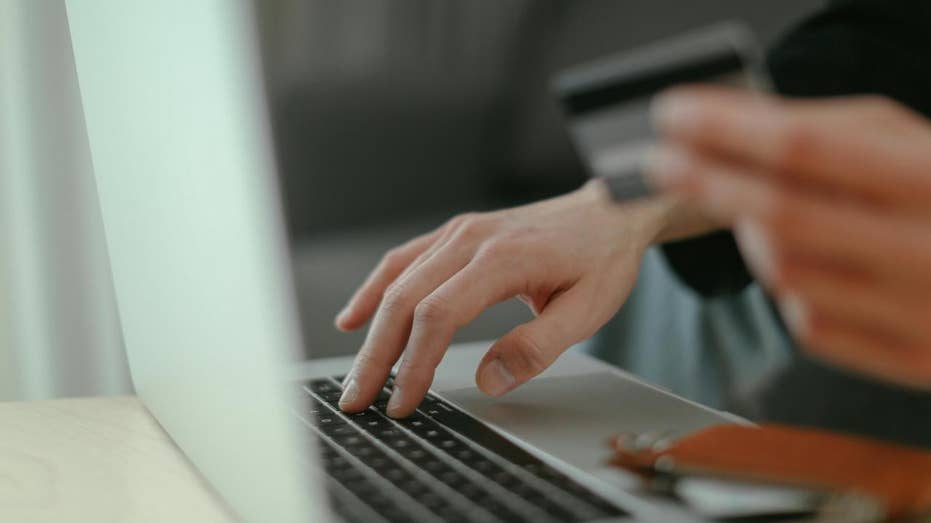New PayPal Phishing Scam Uses Real Emails to Steal Your Data

Sarah Johnson
June 28, 2025
Brief
A new PayPal phishing scam uses real emails from [email protected] to trick users into sharing sensitive info or downloading malicious apps. Learn how to stay safe.
A cunning new PayPal phishing scam is duping even the savviest users by leveraging PayPal’s own email system to send alerts that look utterly authentic. These emails, sent from the legitimate [email protected], bypass spam filters and trick recipients into believing their account is at risk. Unlike the usual phishing fare—riddled with typos or sketchy links—this scam is polished, exploiting real PayPal features like address updates or money requests to spark panic. You might receive a message claiming, "You’ve added a new address to your PayPal account," even if you don’t have one.
The scam’s brilliance lies in its simplicity. Some versions include no links at all, just a phone number urging you to call. Once you do, a fake PayPal rep spins a tale, coaxing you to download a supposed support tool—actually a remote access app granting scammers full control of your device. Others may follow up with texts or calls, posing as PayPal support to steal your credentials via fake login pages.
Why does this work? It’s the trust we place in familiar systems, weaponized against us. The urgent tone—warning of unauthorized charges or account changes—pushes people to act fast, often before their instincts kick in. Reports on platforms like Reddit highlight dozens of users receiving these eerily convincing emails, some even showing screenshots of official-looking alerts.
How to stay safe:
- Don’t click or call: Ignore links or numbers in unexpected emails. Log into PayPal.com directly to check your account.
- Enable two-factor authentication (2FA): Add an extra layer of security to your PayPal and email accounts.
- Use a password manager: Ensure every account has a unique, strong password to limit damage if one is compromised.
- Install antivirus software: Protect against malware that could slip through phishing attempts.
- Report suspicious emails: Forward them to [email protected] and alert the FTC if needed.
This scam thrives on exploiting trust and urgency. By staying skeptical and verifying directly with PayPal, you can outsmart these digital con artists.
Topics
Editor's Comments
This PayPal scam is so slick, it’s like a digital magician pulling a rabbit out of your inbox! Scammers using real PayPal emails? That’s like a wolf in sheep’s clothing—except the sheep is your bank account. Next time you get an urgent email, take a breath and check PayPal directly. Don’t let these cyber crooks turn your device into their personal playground!
Like this article? Share it with your friends!
If you find this article interesting, feel free to share it with your friends!
Thank you for your support! Sharing is the greatest encouragement for us.



